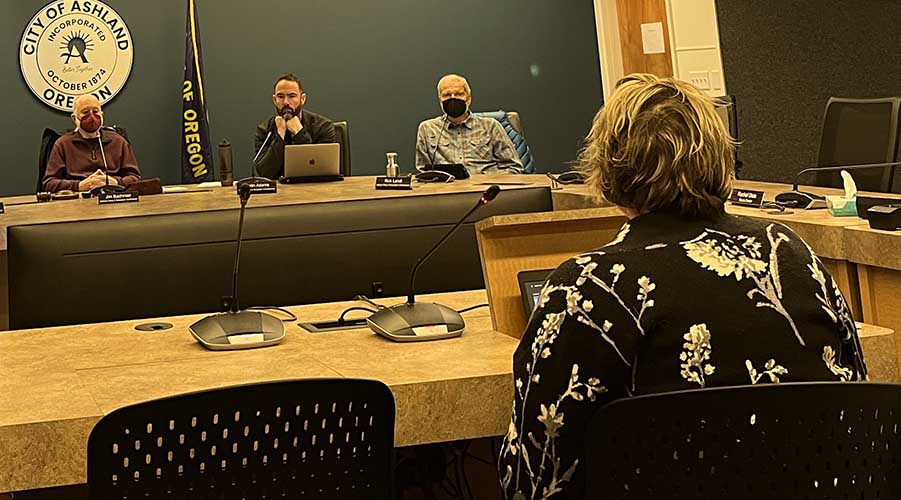You and I must act now to forestall an untrammeled nuclear arms race
By Herbert Rothschild
Over the years, the committees that select recipients of the Nobel Peace Prize have chosen people of extraordinary courage and moral depth. Occasionally, though, a selection committee was so anxious to promote peace that it chose a laureate who not only hadn’t done much to merit the prize, but also whose subsequent behavior hardly matched the committee’s hope.

The grossest example was Henry Kissinger, who was named jointly with Lê Đức Thọ of Vietnam for negotiating the so-called Paris Peace Accords, signed in January 1973. The accords didn’t end the fighting; I doubt if either party thought they would. The war ended two years later as it would have ended in 1954 had the U.S. not taken over the colonial project after the French gave it up. At least Thọ had the honesty to refuse the prize. Bearing his medal, Kissinger continued to pile up war crimes and died without being held accountable.
A less egregious example was the selection of President Barack Obama in 2009. All he had done for peace by that time was to go to Prague and declare that he favored a world free of nuclear weapons. The next year he negotiated a treaty with Russia officially called the Treaty Between the United States of America and the Russian Federation on Measures for the Further Reduction and Limitation of Strategic Offensive Arms. Unofficially it’s called the New START treaty, having replaced the START treaty of 1991.
New START in no way suggested an intention to free the world of nuclear weapons. The first START had set the limit of deployed warheads on each side at 6,000, but in 2002 President George W. Bush and Russian President Vladimir Putin had agreed to a temporary framework that reduced the number to between 1,700 and 2,200, although without a verification mechanism. New START set the verifiable limit at 1,550 warheads and capped deployed delivery vehicles (ICBMs, subs, bombers) at 700. Perhaps to buy Senate votes for confirmation, Obama agreed to ramp up a hugely expensive “modernization” of our arsenal.
While Obama hardly deserved a Nobel Peace Prize for his actions on nuclear disarmament or his subsequent conduct of U.S military affairs, New START still was meaningful. Without it there could be a resumption of the unconstrained offensive nuclear arms race that threatened the future of humankind before Ronald Reagan, George H.W. Bush and Soviet leader Mikhail Gorbachev put an end to it.
Unfortunately, we again face that prospect — an unconstrained nuclear arms race. New START will expire on Feb. 5. The treaty permits only one extension (for five years), and President Joe Biden and Putin already exercised it. Something must be done. That obligation falls upon all of us, just as it did in the 1980s, when massive grassroots action in the U.S. and Europe convinced U.S. and Soviet leaders to act as they did.
So, what should we do? There isn’t time before Feb. 5 for President Donald Trump and Putin to negotiate a new treaty. However, they can agree to abide by the conditions of New START until a new treaty can be negotiated. On Sept. 22, Putin announced his willingness to do so for one year after it expires. Speaking from the Kremlin he said, “To avoid provoking a further strategic arms race and to ensure an acceptable level of predictability and restraint, we believe it is justified to try to maintain the status quo established by the New START Treaty during the current, rather turbulent period.”
Our immediate task is to convince Trump to accept that offer. Don’t react to this call to action in a knee-jerk fashion. Trump wants to be seen as an international peacemaker. Specific to the present challenge, he said on July 25 that he would like to maintain the limits on U.S. and Russian strategic nuclear weapons deployments set in New START. “That’s not an agreement you want expiring. We’re starting to work on that,” Trump told reporters as he exited the White House for a trip to Scotland.
Given how mercurial and easily distracted Trump can be, it’s important that we affirm his proclivity and get him to publicly accept Putin’s offer to abide by the New START limits. So, please write him a postcard (not a letter; after 25 years letters are still being examined for anthrax) at 1600 Pennsylvania Ave., Washington, D.C. 20500 and/or send him an email using the online form at whitehouse.gov/contact. The telephone hotline is no longer functioning.
Here’s another thing we all should do: Contact Oregon’s Sen. Jeff Merkley and Sen. Ron Wyden and tell them to sign the letter that Massachusetts Sen. Ed Markey will be sending to Secretary of State Marco Rubio urging him to observe the New START limits. Merkley is always at the forefront of peace efforts, and Wyden, though less a leader in this regard, signed a similar letter back in February. Merkley: (202) 224-3753. Wyden: (202) 224-5244.
And if you’re so inclined, at the same time ask them to co-sponsor Senate Resolution 61 and Senate Resolution 323, both calling for further nuclear arms control diplomacy.
Here’s something else to do: Watch the film “A House of Dynamite,” which will be available on Netflix beginning today (Friday, Oct. 24). Directed by Kathryn Bigelow, it’s centered on a single missile launched by an unknown foreign power. Chicago is its target, and the plot follows the U.S. government’s response to the impending nuclear apocalypse in real time.
There’s nothing far-fetched about this scenario. As I shared in a column last fall (“You and I are alive today by the skin of our teeth”), there were several false alarms, both in the U.S. and the Soviet Union, that almost precipitated retaliatory strikes. Further, one of the nine current nuclear weapons states, among them North Korea, might be able to launch a single missile without giving away its origin.
What the world needs, obviously, is more than nuclear arms control. It needs nuclear weapons abolition, which the U.N. Treaty on the Prohibition of Nuclear Weapons calls for. To date, 95 states are signatories, and 74 of those have ratified it. However, none of the nuclear weapon states have.
So, we must keep working for nuclear abolition. Right now, though, we must take what we can get.
Herbert Rothschild’s columns appear Fridays. Opinions expressed in them represent the author’s views. Email Rothschild at [email protected]. Email letters to the editor and Viewpoint submissions to [email protected].


















